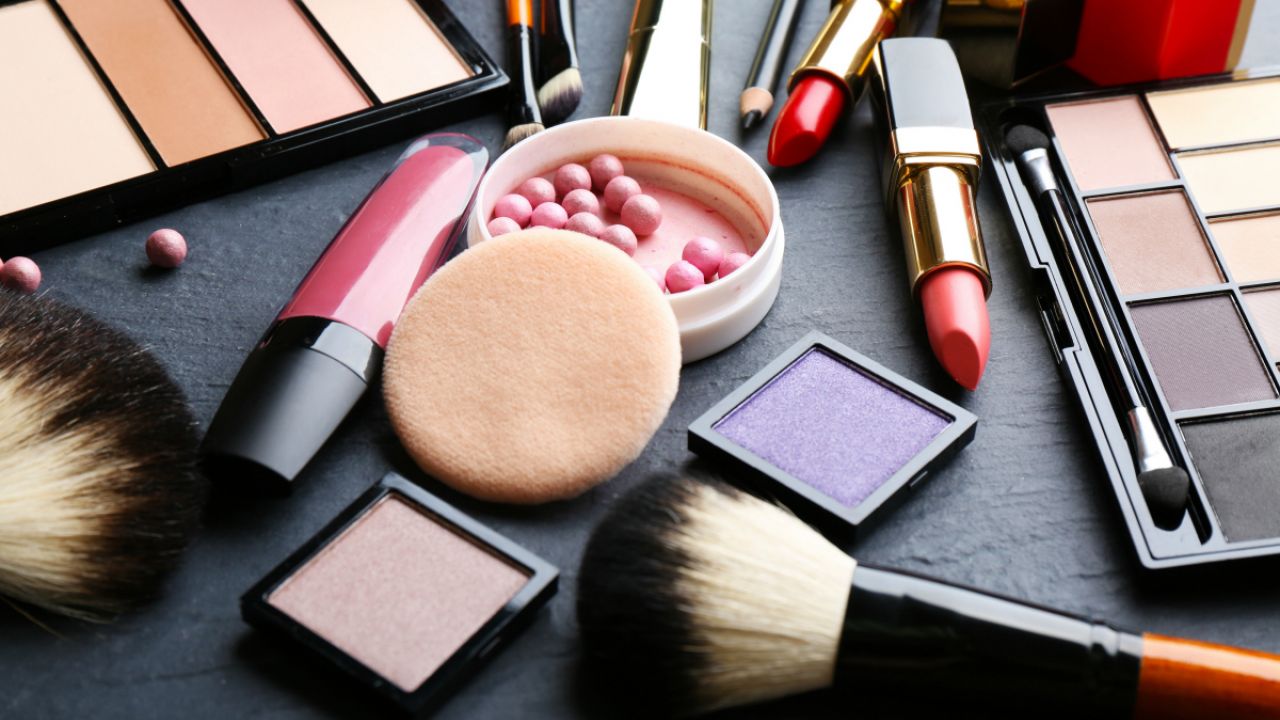
Chemicals in cosmetics are largely unregulated, so it’s no surprise that some irresponsible companies and their hired-gun lobbyists are fighting the Personal Care Products Safety Act, bipartisan legislation that would finally regulate cosmetics.
Here are the top myths being spread about the Personal Care Products Safety Act:
- We don’t need reform because the industry regulates itself.
Some opponents of regulation say the industry regulates itself through the Cosmetic Ingredient Review (CIR), established in 1976 by the industry’s trade association. But, CIR lacks the tools to fully assess the safety of cosmetic chemicals and has no power to enforce its recommendations. Ongoing sales of formaldehyde-laced keratin hair-smoothing products, most commonly known by the brand name Brazilian Blowout, illustrate the failure.
- A tough safety standard will tie industry’s hands.
The safety standard in the Personal Care Products Safety Act is the same standard used to review pesticides. But, application of the “reasonable certainty of no harm” safety standard has not robbed farmers of the ability to use chemicals to combat pests and weeds. Shouldn’t cosmetics chemicals be as safe as pesticides?
- The bill discriminates against small businesses.
The Personal Care Products Safety Act actually creates an advantage for small businesses. First, companies with annual sales below $500,000, or home-based businesses below $1 million, would not have to register with the Food and Drug Administration. Second, companies with annual sales below $2 million will not have to pay fees. Third, companies with annual sales below $5 million will only have to pay $250 annually. Finally, smaller companies will have more time to meet new standards and get extra help from government experts.
- The bill would increase FDA regulation of soap.
The bill does not expand the existing legal definition of “soap.” Old-fashioned “soap” – soap that does not make cosmetic claims and is composed mainly of the “alkali salts of fatty acids” – would not be regulated by FDA. Only soap products currently classified by FDA as cosmetics would be subject to the bill.
The good news is that responsible companies like Revlon and Johnson & Johnson are supporting the bill. Why? Polls show that 87 percent of Americans want stricter regulation of cosmetics.
(Post updated on April 11, 2018)




